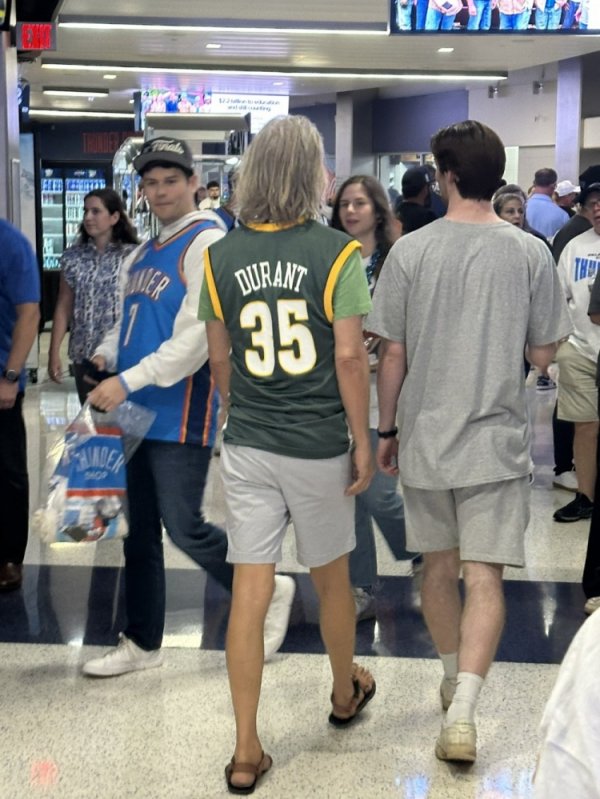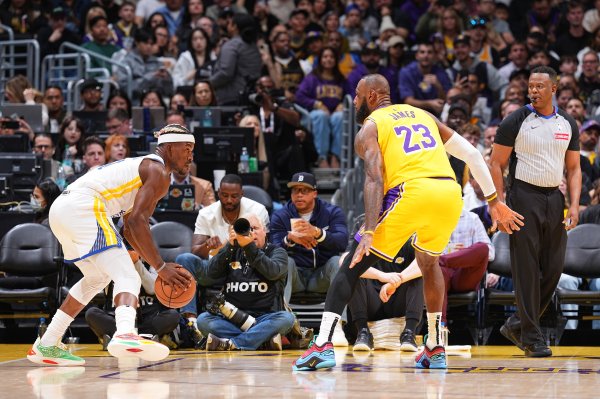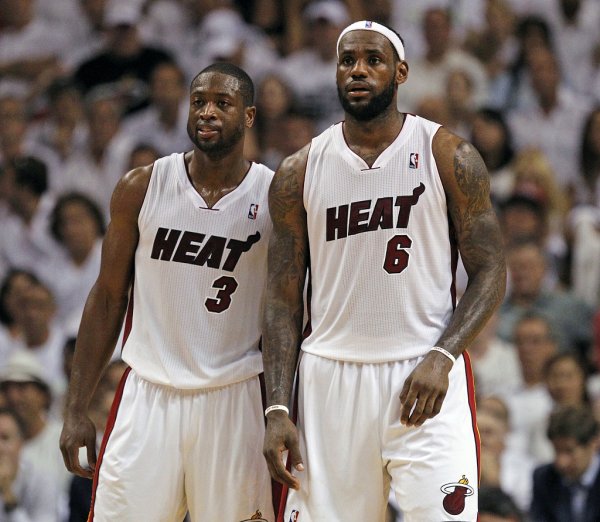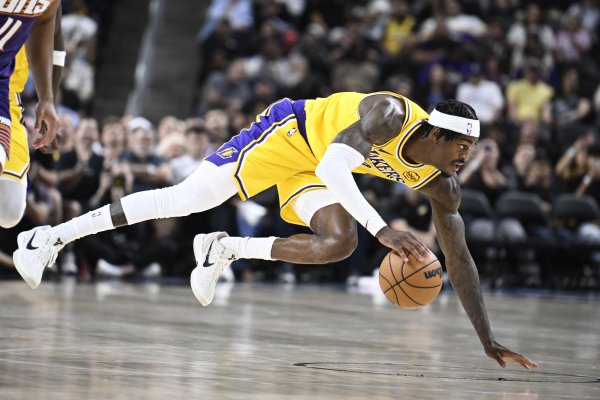Hardaway: Kumingga s situation is very difficult. He suggested that he sign a qualification offer and then try his best to prove himself.
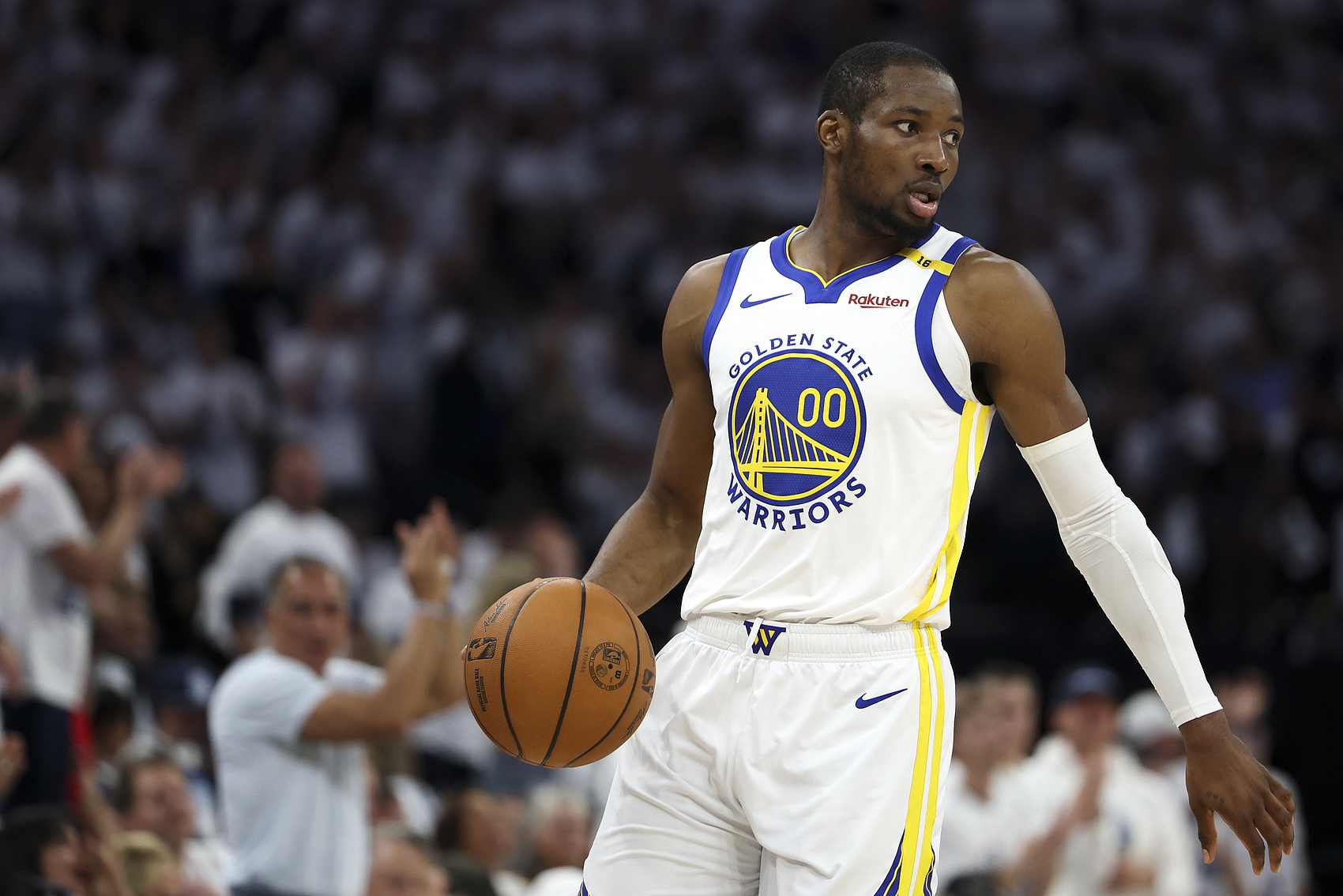
Recently, NBA legend Tim Hardaway was interviewed by Action Net Work, in which he was asked about the contract renewal negotiations between his old club Warriors and restricted free agent Kuminga.
Q: Kumingga is still in a long-term contract dispute with your old club, Golden State Warriors. Both sides seem to recognize the prospect of long-term cooperation, but the restricted free agent status has put him in a deadlock. From your perspective, how does the restricted free agent mechanism limit the ability of young players to control their careers?
Hardaway: Let me say that, the players had to agree to the labor-management agreement at the beginning. They have to accept it, of course you can object, you can say tough words: "Listen, I don't agree with this clause, I don't want this." Many players have to stick to their own position.
I think in all labor agreement negotiations, there are always one or two team bosses who oppose certain terms. And the other party - whether it is the team or the player - always has a hundred people who object to certain content. In the end, both sides had to reach a consensus - I can guarantee - most players didn't want to accept restrictive terms, but were convinced by the money they had obtained. Now they realize: "We screwed up. We shouldn't have signed this labor-management agreement at the beginning, otherwise we would be completely free agents now." Now the team can squeeze players and wait and see the market quotes. If there are no other team quotes, what else can you say? What else can I do? This is awful. I feel sorry for them. So when it comes to fighting for money, you must strive for it with all your might. I always say don't leave the money you should take on the table. I have always emphasized: "We must fight for it no matter what, we must fight for it. "
Kuminga is in a difficult situation, and I know he is incompatible with the team system. After two or three years, you know very well that you are not suitable for here and will try to seek a deal. When many teams know that you are asking for a specific amount of contract, and know that you will be dissatisfied if you cannot meet the requirements, but they think that you are not only worth the price, such a market environment is indeed difficult, so they can only swallow their anger.
He had to sign a one-year contract (qualification quotation) and had to prove himself desperately on the court. He had to use his performance to force the team to make a choice: either trade him or retain him, which is my only advice. I think he is a good player, but Steve Cole has lost confidence in him and I don't think he will stay in the team. I guess he can't last half a season.

